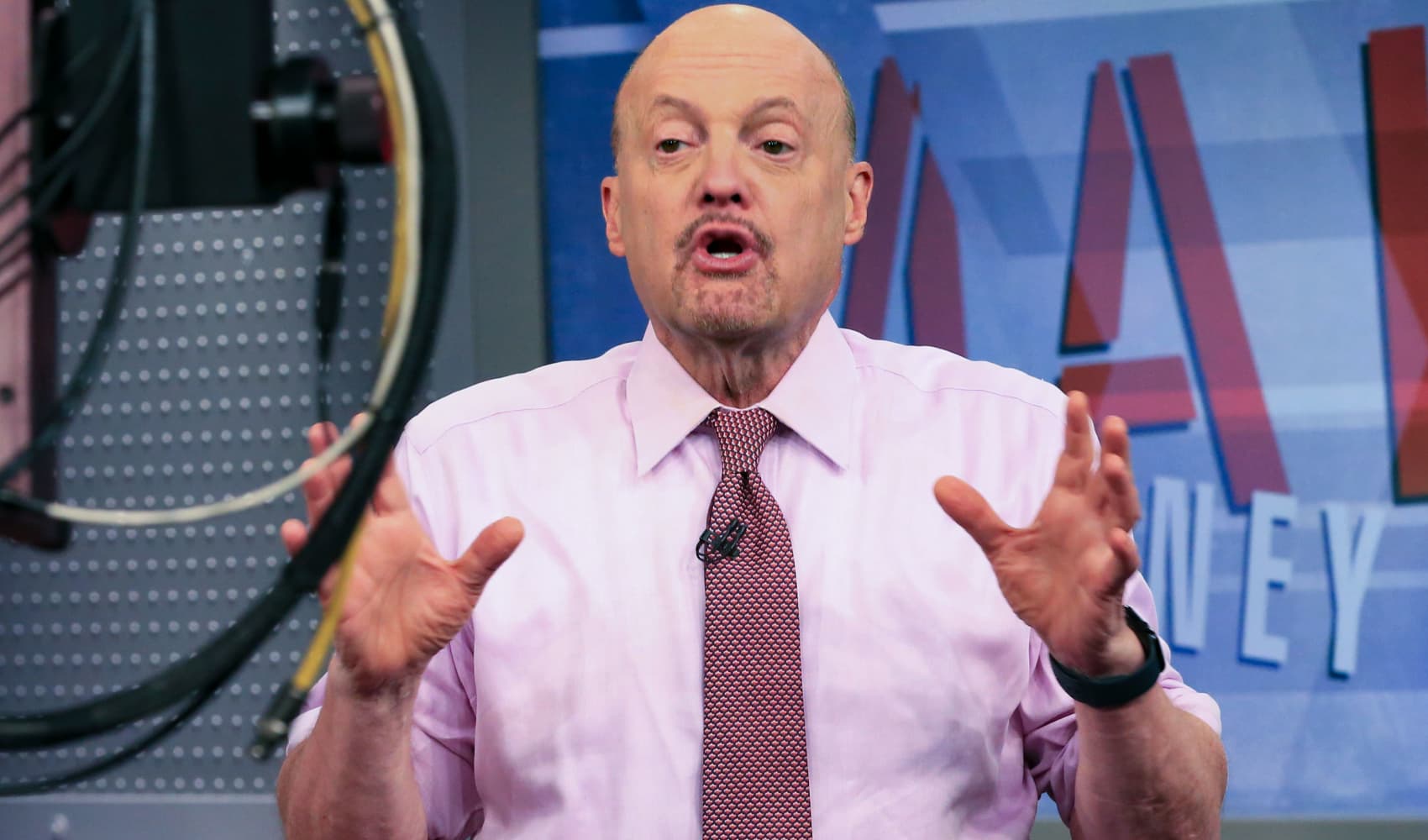
- President-elect Donald Trump endorsed a House Republican deal for a three-month federal funding plan that would avert a government shutdown.
- Trump and Elon Musk effectively killed a prior funding proposal with their criticisms.
- The continuing resolution would suspend the U.S. debt ceiling for two years, and contains a $110 billion extension of disaster and farm aid, which had been a key demand by Democrats.
Watch NBC6 free wherever you are
>WASHINGTON — House Republicans agreed Thursday to a short-term federal funding deal that if approved would avert a government shutdown set to begin late Friday night.
President-elect Donald Trump quickly endorsed the revised plan, which calls for a three-month extension of current government spending levels.
Get local news you need to know to start your day with NBC 6's News Headlines newsletter.
>GOP leadership plans to hold an initial vote Thursday evening on the 116-page bill to test whether it can pass the narrowly divided House with a two-thirds majority.
That appears unlikely, however, given the chilly reception Democrats gave the bill on Thursday afternoon.
Trump and his ally Elon Musk, the Tesla CEO, had doomed a prior funding proposal Wednesday by harshly criticizing its provisions, sending Republicans scrambling for most of Thursday for a replacement plan.
Money Report
"The Musk-Johnson proposal is not serious, it's laughable," House Democratic Leader Rep. Hakeem Jeffries, N.Y., told reporters shortly after the release of draft text. "Extreme MAGA Republicans are driving us to a government shutdown," he added.
The latest version of the continuing resolution would suspend the U.S. debt ceiling for two years. The ceiling is the maximum the federal government can borrow to pay for its spending.
That suspension was a surprising last-minute addition to the proposal, as increasing the debt ceiling typically requires months of negotiations.

But Trump said Wednesday that he did not want to take office in January and immediately face a vote by Congress on the debt limit. Trump this week called for permanently abolishing the debt ceiling.
The new proposal also calls for a $110 billion extension of disaster and farm aid, which was a key demand by House Democrats.
Although Democrats hold a minority of seats in the House, Republicans have a majority by only a handful of seats, making it difficult to pass significant legislation without at least a modicum of bipartisan support.
As of 4 p.m. ET, Democrats had not publicly backed the deal. Democrats were expected to hold a caucus meeting on the proposal.
Several hardline House Republicans said they would vote against the funding plan because of the debt ceiling suspension.
— NBC News' Katherine Doyle contributed reporting.






